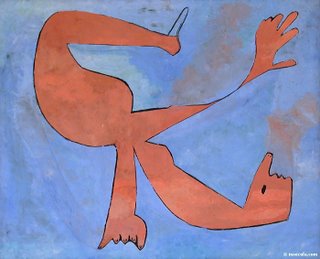Ramayana - The Great Illusion

Lakshman, the brother of Rama, told him that he would like to see the great illusion of Maya (the drama of creation) which Rama was talking about. Rama replied, "You will get into troubled through seeing it, so I shouldn't bother about it." Lakshman replied, "I'm quite sure it won't affect me, and I'm still curious to see it." So Tama said, "All right, you'll see it by and by," and left the question open. They went to the river to bathe.
When they hahd finished bathing and both were coming ashore, Rama said, "My brother, I've lost my ring, do you think you could dive for it?" Lakshman went and dived for the ring; at that moment he lost consciousness. When he came out of the water, he was in a different land, in loverly countryside. There he met a beautiful woman, and they settled down together, established a home and lived like householders. He had four sons, and when he became and old man he caught malarial fever, developed a cough, and eventually died. His sons took him to the river. The custom was to immerse the body in the water. At the moment the body was sobmerged Lakshman came out of the world of illusion and found himslef back on the river bank.
He went to Rama with tears in his eyes and repentance in his heart, but still did not remember what had happened. Rama said to him, "You wanted to experience the world of illusion. Now you have experienced it."




